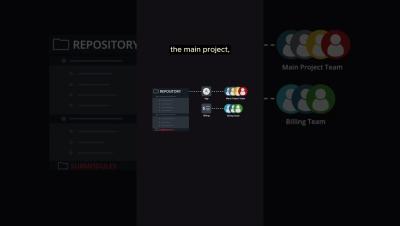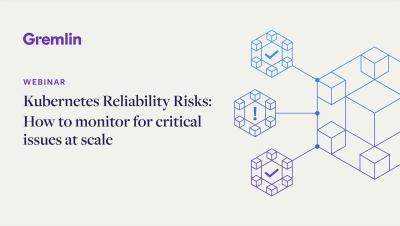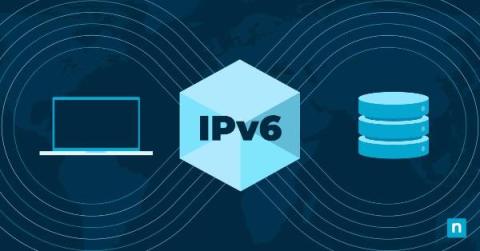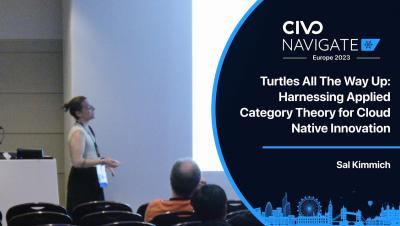Operations | Monitoring | ITSM | DevOps | Cloud
DevOps
The latest News and Information on DevOps, CI/CD, Automation and related technologies.
Common Cloud Cost Questions To Expect From Finance (And How To Answer Them)
The Debrief: A year in review-2023 at incident.io
What a year 2023 was at incident.io! While it's hard to summarize 365 days into just a few sentences, a handful of moments stood out from this transformative year: So as we close the curtain on a momentous 2023, we sat down with the three co-founders of incident.io—Chris, Stephen, and Pete—to do a bit of reflection on the wild ride that was this year.
What are #submodules in Git? | #shortsvideo
Kubernetes Reliability Risks: How to monitor for critical issues at scale
3 Myths About Backstage
What Is IPv6? Definition & Full Overview
Poised to redefine the landscape of digital communication stands the groundbreaking achievement that is IPv6, the sixth generation of the Internet Protocol. The evolution from IPv4 to IPv6 marks a pivotal shift in internet technology, driven by the increasing scarcity of IPv4 addresses and the expanding scale of the global network.











